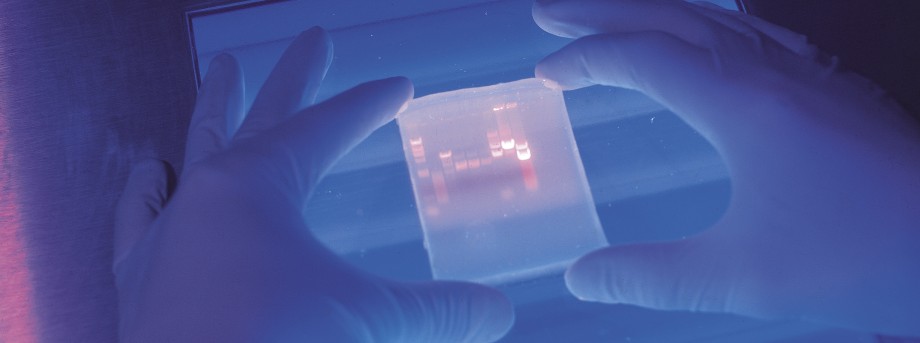The University of Nottingham
 Exchange online
Exchange online
Research Exchange
Making Science Public

From climate change to flu epidemics via genetically modified crops and the large hadron collider — science is very much a public concern.
But when complex scientific evidence is ‘translated’ for the general public via the media, used to justify policy actions or seen to be ignored by government ministers — this can have implications for political legitimacy, scientific authority and democratic participation.
‘Making Science Public: Challenges and Opportunities’ brings together some of the key experts in this arena, including academics, journalists and the clergy, to launch the Leverhulme Trust Research Programme ‘Making Science Public’. Taking place at The University of Nottingham on Monday 11 February, the event will include debates on the politics and practice of ‘Making Science Public’ and whether the privatisation of science is in the public interest.
Participants include Professor Ulrike Felt from the University of Vienna as the keynote speaker; Adam Smith, reporter at Research Fortnight; video journalist Brady Haran; and the Rt Rev Dr Lee Rayfield, Bishop of Swindon and Member of the Society of Ordained Scientists. Visit the Making Science Public website for the full programme.
“Over the last 20 years a series of political crises in the UK have challenged the authority of science with the MMR vaccine, the integrity of research with ‘Climategate’, the extent to which political decisions are ‘evidence based’ with BSE, and the governance of controversial new technologies with GM crops,” said Professor Brigitte Nerlich, Director of Making Science Public. “This has all contributed to a widely-held perception of a lack of public trust in science, a decline in the capacity of science to underpin political legitimacy and tensions in the relationship between government and science.”
“Increased media interest in science has fostered public debate and social media have created new spaces of ‘scientific citizenship’ in which different groups promote or contest scientific knowledge or its use. This has allowed other forms of authority, such as religion, to re-enter debates about science and society.
“Within the practice of science itself there are moves to promote greater openness — open access publishing, open source — but these opportunities for science to be more openly practiced and discussed are counterbalanced by challenges. The very meaning of making science public is becoming more diverse and contested in the process. It’s these challenges which will be discussed at the launch event, and explored through the Making Science Public research programme.”
Making Science Public is a five-year Leverhulme Trust funded research programme which spans various research themes, including transparency, expertise and evidence in policymaking, public engagement, meditation and deliberation over science and technology and science, publics and the making of politics.
For more information on ‘Making Science Public: Challenges and Opportunities’ visit the event website, which includes registration details.
Visit the Making Science Public website, blog and Twitter feed.
Tags: communication, event, Institute of Science and Society, Making Science Public, media, science, social science
Leave a Reply
Other News

Top prize for quantum physicist
A University of Nottingham physicist has won a prestigious medal from the Institute of Physics for […]

Zero carbon HOUSE designed and built by students comes home
Design and construct a low cost, zero carbon, family starter home, transport it to Spain, build […]